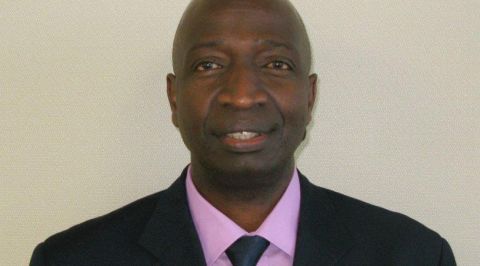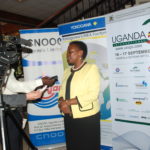The Public Accounts Committee of Parliament has directed the Petroleum Authority of Uganda Executive Director, Ernest Rubondo, to ensure that oil companies produce reports about their activities in the oil and gas sector.
The MPs were quizzing Rubondo alongside Energy Minister Eng. Irene Mulondo on Wednesday, in respect to the Auditor General’s 2016/2017 report which said oil companies had failed to produce reports on their activities as required of them.
The Auditor General, in his report, wrote that the companies have contravened Section 148 of the Petroleum Exploration, Development and Production Act, which requires companies to produce reports on geological, geochemical and geophysical work carried out, including a summary of drilling activities.
MP Dononzio Kahonda (NRM, Ruhinda) accused the officials of lacking control over the companies.
“From the submissions here, it seems the Ministry is not in charge,” he said, asking Rubondo to clarify why his office was not in possession of the petroleum companies’ reports.
In his response, Rubondo said the documents were available, and that it is an oversight on the part of the Auditor General not to have seen them. “The reports were submitted. It is possible that the colleagues could just have missed out on the documents,” he said. He was supported by minister Muloni, who acknowledged the availability of the reports.
Uganda is currently described by the World Bank as the ‘hottest inland exploration frontier’ in the world and the country to watch in the oil and gas space due to the commercial discovery of an estimated 6.5 billion barrels of oil, 2.2 billion of which are recoverable.
The Ugandan government plans to build a refinery on a 29 square kilometres piece of land in Kabaale Township, Buseruka Sub-county, Hoima District, Western Region, near the international border with the Democratic Republic of Congo , along the eastern shores of Lake Albert. This will be close to Uganda’s largest oil fields in the Kaiso-Tonya area.
In August 2017, a new consortium led by General Electric of the United States and JK Minerals South Africa agreed to build the US$4 billion refinery and to own 50 percent and JK Minerals Africa to own 10 percent, while the government of Uganda and other investors take up the remaining 40 percent.
Other members in this new consortium are; Yaatra Ventures LLC, Intracontinent Asset Holdings and Saipem SpA of Italy. These firms were competitors during the initial bidding. However, the companies formed an amalgam and formed a special purpose vehicle, the Albertine Graben Refinery Consortium (AGRC), which is expected to design, procure the necessary supplies and build the refinery.
Meanwhile, the construction of the oil pipeline is underway and is expected to be ready by 2020 to deliver crude to the Indian Ocean Coast oil for export. It is planned to cost US$4b.
Analysts say that while Uganda waits for its first drop of oil in 2020, it is under scrutiny over how it will handle the natural resource that is both considered a blessing and a curse in some countries already drilling oil.
They argue that the use of oil money to propel Uganda’s economy to the middle income status by 2020 depends largely on government’s commitment to among other things prioritize national participation, promote environmental sustainability especially in ecologically sensitive exploration areas and the strategies in place to avert the oil curses that has struck other oil rich nations.
The Uganda government expects to earn US$3.6b (about Shs9.378 trn) annually from the oil and gas industry when the country starts production.
Some of the major oil companies involved in exploring oil in Uganda are Total E&P Uganda and and China National Offshore Oil Corporation (CNOOC) Uganda Ltd.








